(CLO) On December 16, in Ho Chi Minh City, the Vietnam National Institute of Culture and Arts Studies in collaboration with the Ho Chi Minh City Institute for Development Studies organized a scientific workshop on "Public-private partnership in cultural development".
Presenting a paper at the workshop, Associate Professor Dr. Nguyen Thi Thu Phuong, Director of the Vietnam National Institute of Culture and Arts, said: "PPP cooperation is a model combining the State and the private sector to implement public projects to share benefits and responsibilities. The State plays a management role and creates legal conditions, while the private sector provides capital and effectively manages and supports the development of projects.
To promote the role of cultural pillars associated with economic, political and social pillars towards sustainable development, the application of the PPP cooperation model has become an inevitable trend, especially when state resources are limited and the active participation of the private sector is needed.
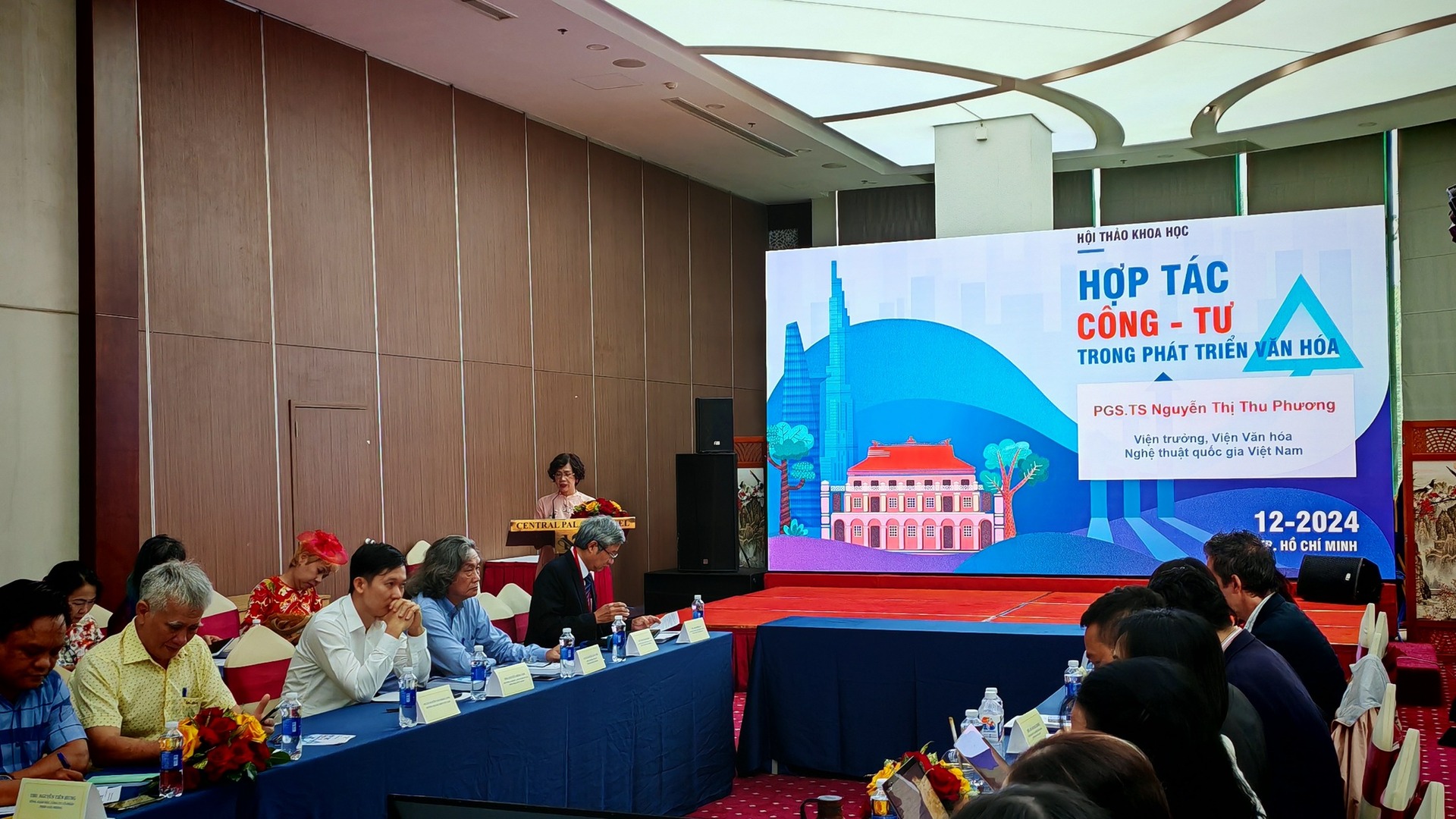
Associate Professor, Dr. Nguyen Thi Thu Phuong, Director of the Vietnam National Institute of Culture and Arts, presented a paper at the workshop.
According to Dr. Nguyen Thi Hoai Huong, Ho Chi Minh City Institute for Development Studies, in general, cultural projects are limited and often face difficulties in attracting private investment due to: Low profitability, not attractive to businesses. Lack of risk sharing mechanisms and financial support from the State and the legal framework is not strong enough to ensure the rights and responsibilities of the parties.
Ms. Huong cited a typical example of this challenge as the Rach Chiec National Sports Complex. This project was approved in 1994 with an initial area of 466 hectares in An Phu Ward, along Hanoi Highway, old District 2. However, by 2024, the project area is still a swamp with fish ponds and aquaculture...
Master Pham Binh An, Deputy Director of the Ho Chi Minh City Institute for Development Studies, said that the effectiveness of PPP cooperation not only mobilizes financial resources, human resources, and management experience, but also creates strength to jointly build a strategy to promote sustainable cultural and artistic values. The workshop is an important forum for researchers, policy enforcement agencies, and entities such as businesses and cultural creators to exchange, discuss and propose relevant solutions to advise on policies to put into practice and contribute to promoting the sustainable development of the cultural industry.
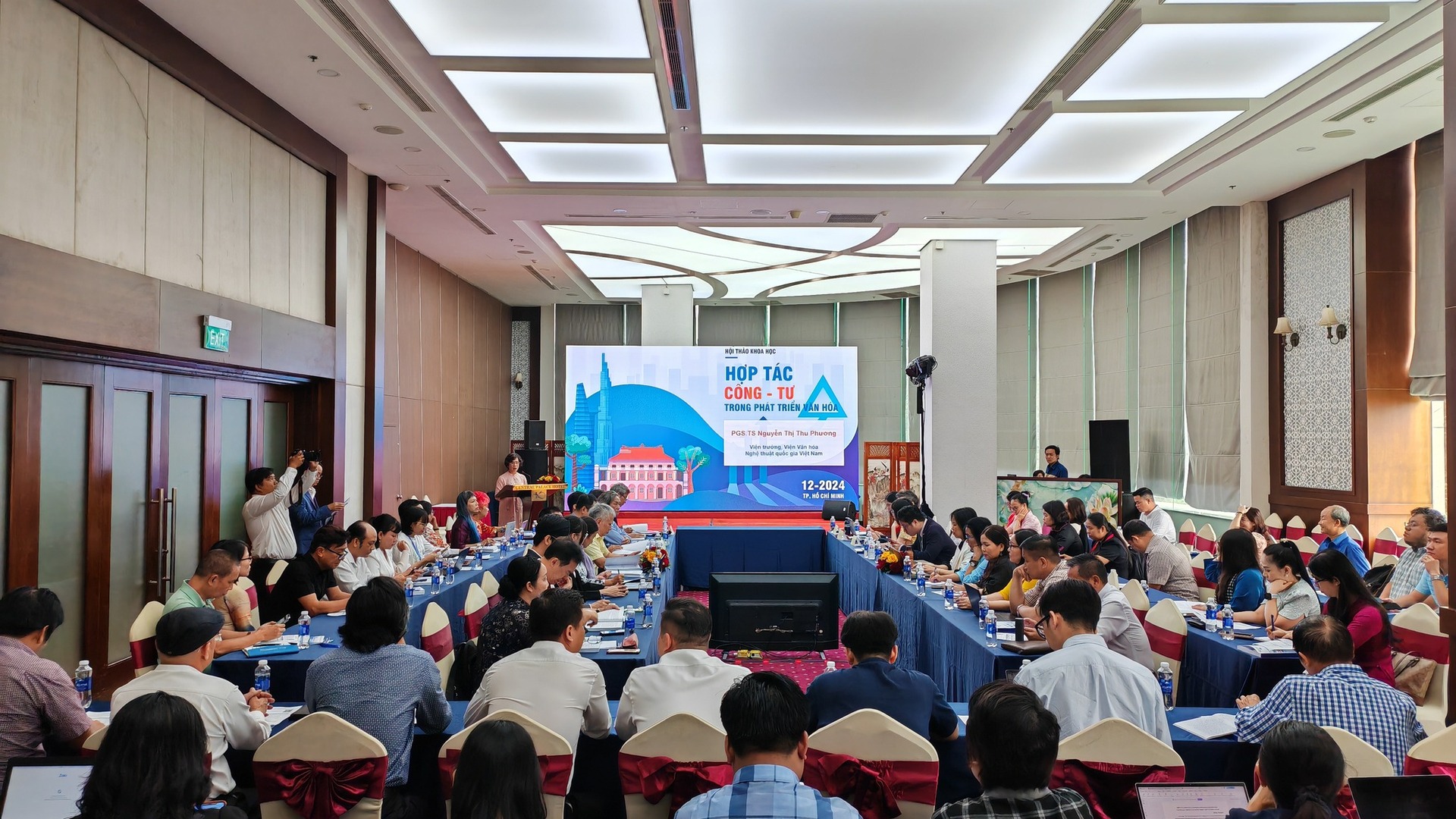
Conference scene.
The presentations of experts and delegates at the workshop focused on groups of issues such as: Theoretical and interpretative issues on public-private partnership (PPP) in the cultural sector, with its own characteristics, assessment of the legal framework and forms of implementation of PPP in Vietnam today, the current status of PPP cooperation for each specific cultural sector, proposed solutions to remove difficulties in the legal framework and bottlenecks in PPP cooperation in culture...
In the current development context, PPP cooperation can be implemented in many forms, serving different cultural project needs and goals, from public cultural institutional works, preserving and promoting the value of tangible cultural heritage, cultural tourism infrastructure to digital cultural infrastructure and creative industry infrastructure.
At the workshop, experts also emphasized that effective investment in effective culture requires large and long-term resources while the State budget and operational experience are limited. Therefore, PPP cooperation is an effective solution to mobilize social resources and promote cultural development.
Vietnam - China - Photo: Vietnam National Institute of Culture and Arts
Source: https://www.congluan.vn/day-manh-hop-tac-cong-tu-trong-phat-trien-nen-van-hoa-viet-nam-post325888.html











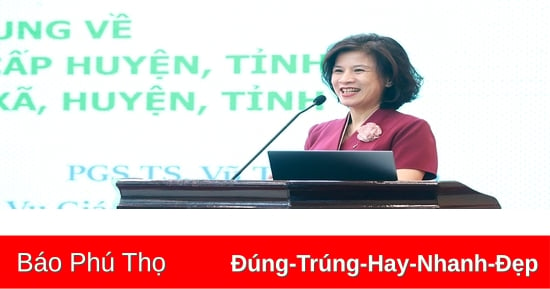
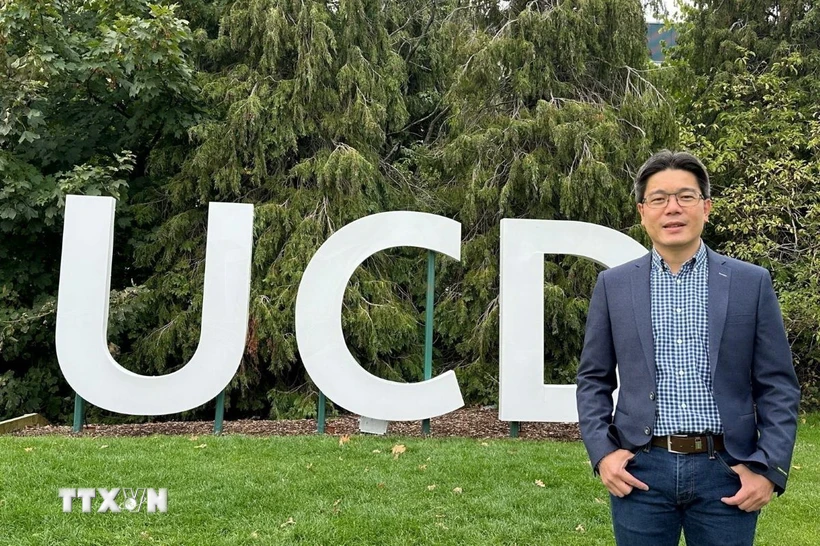

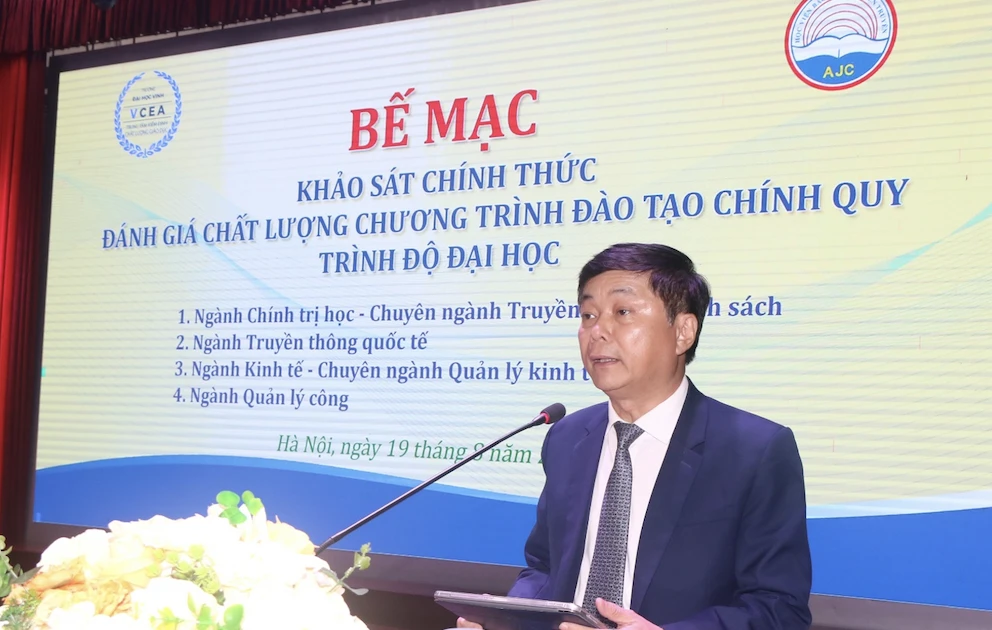

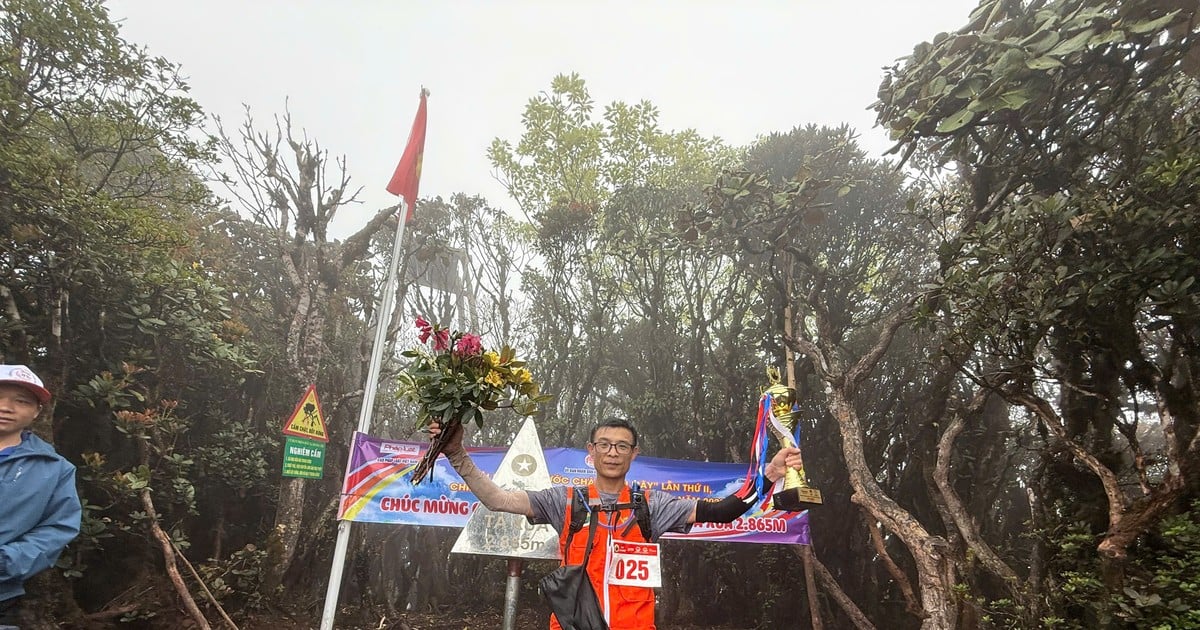

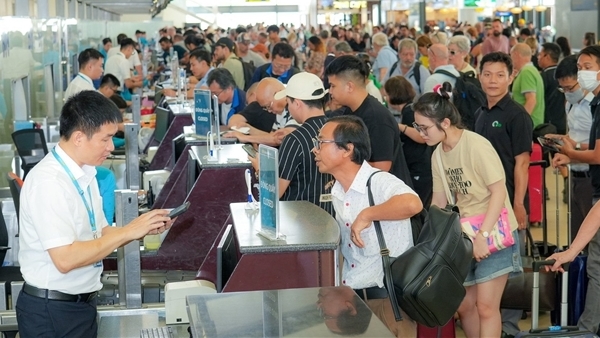
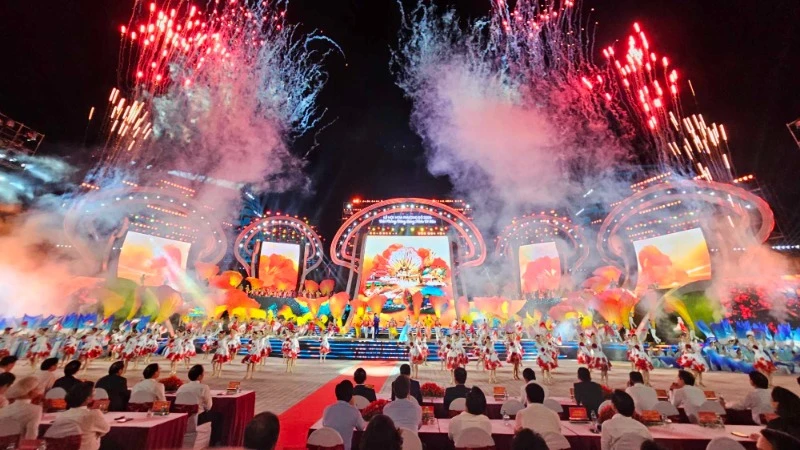
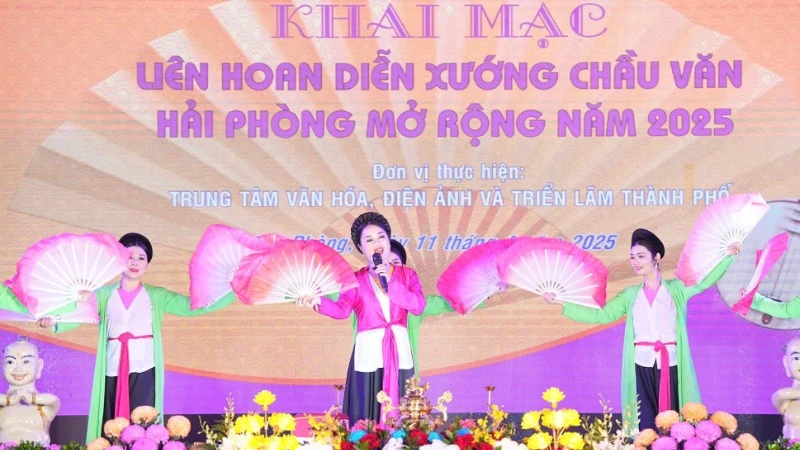









![[Photo] "Beauties" participate in the parade rehearsal at Bien Hoa airport](https://vstatic.vietnam.vn/vietnam/resource/IMAGE/2025/4/11/155502af3384431e918de0e2e585d13a)



































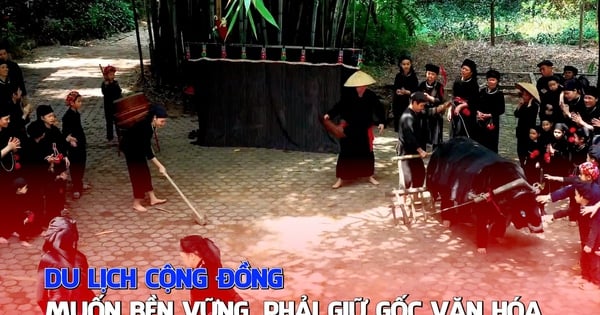

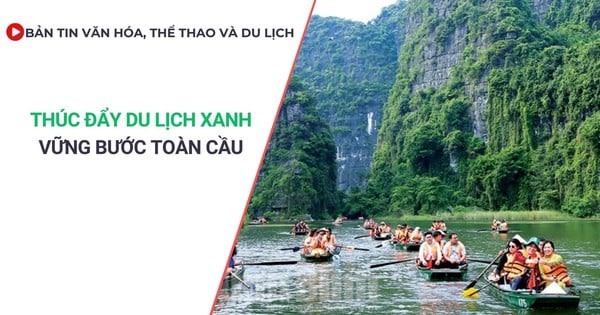





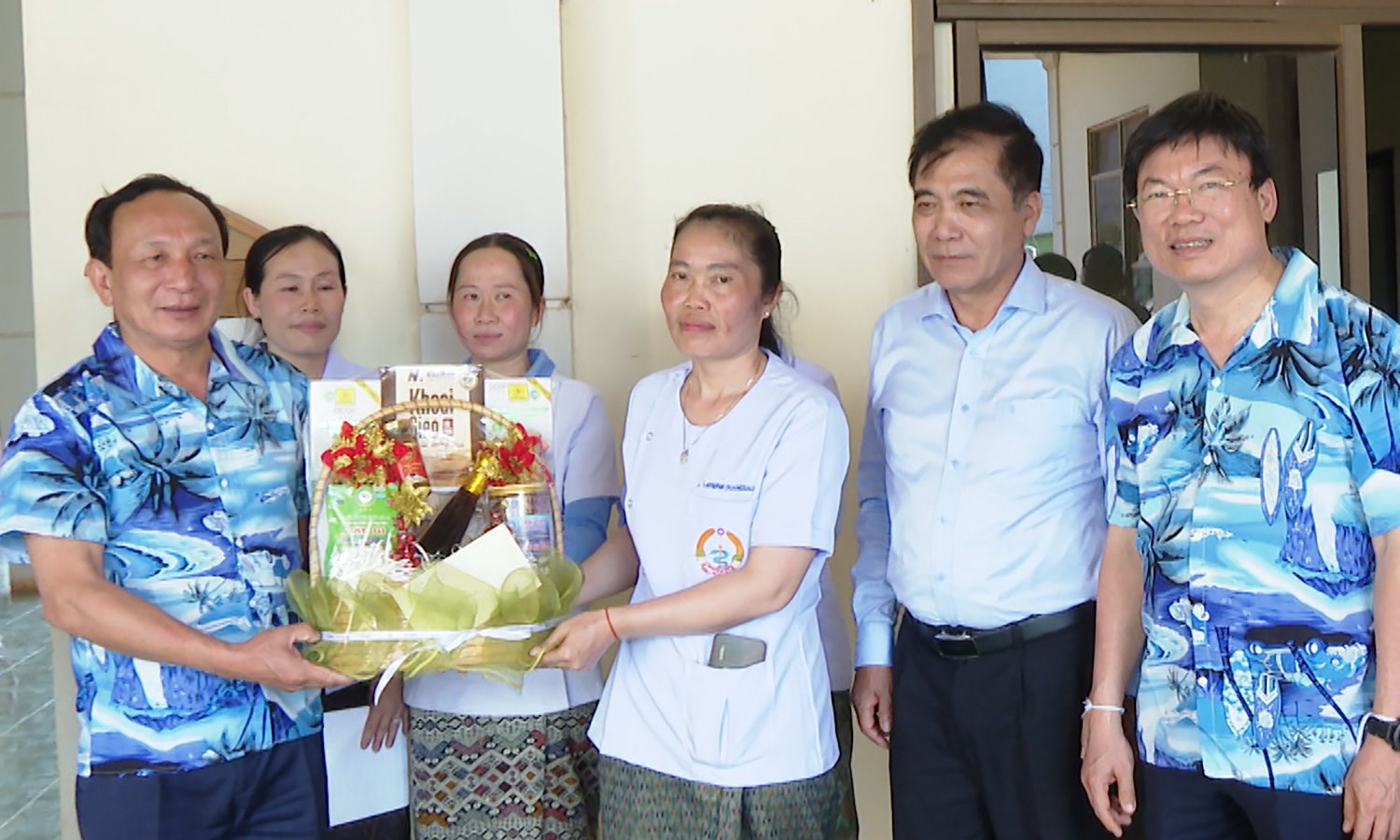
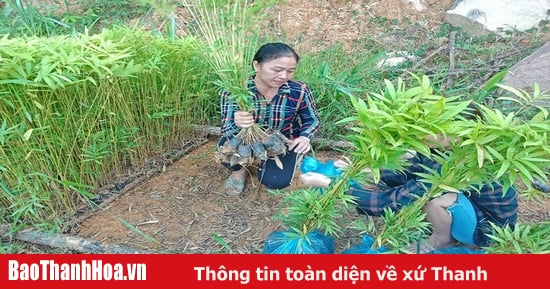

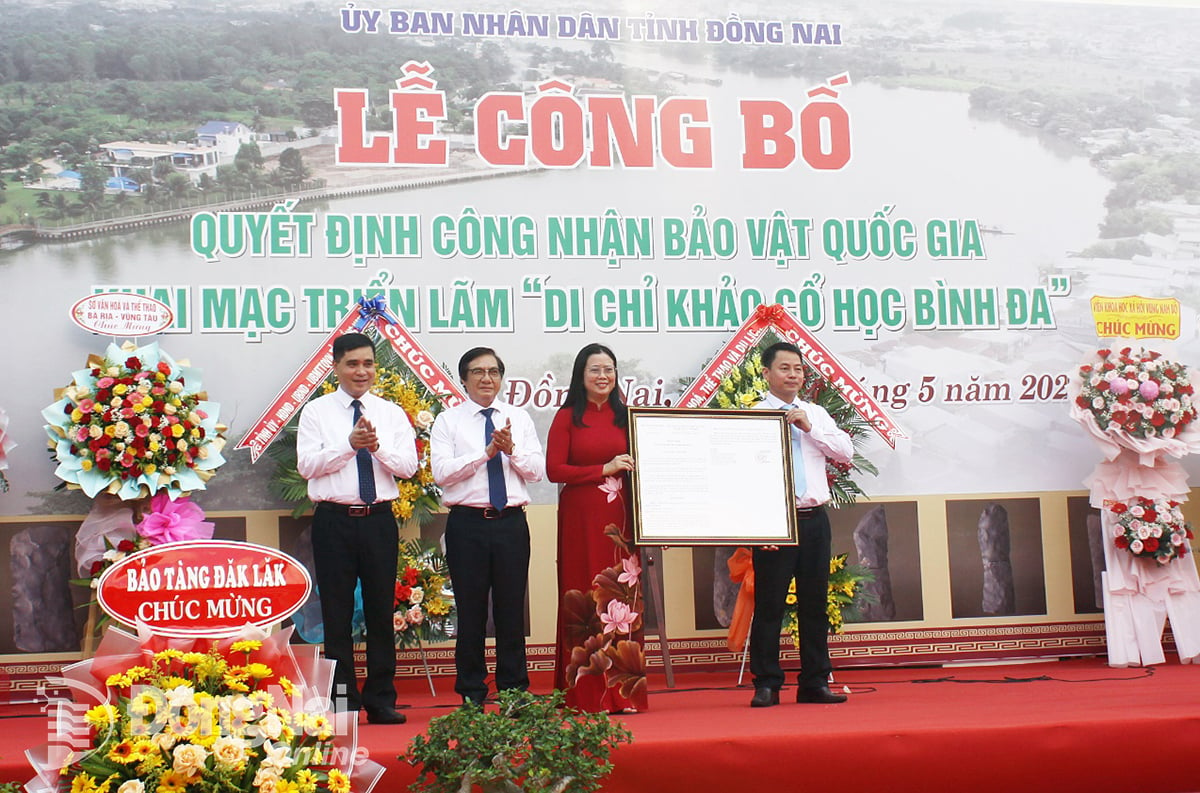

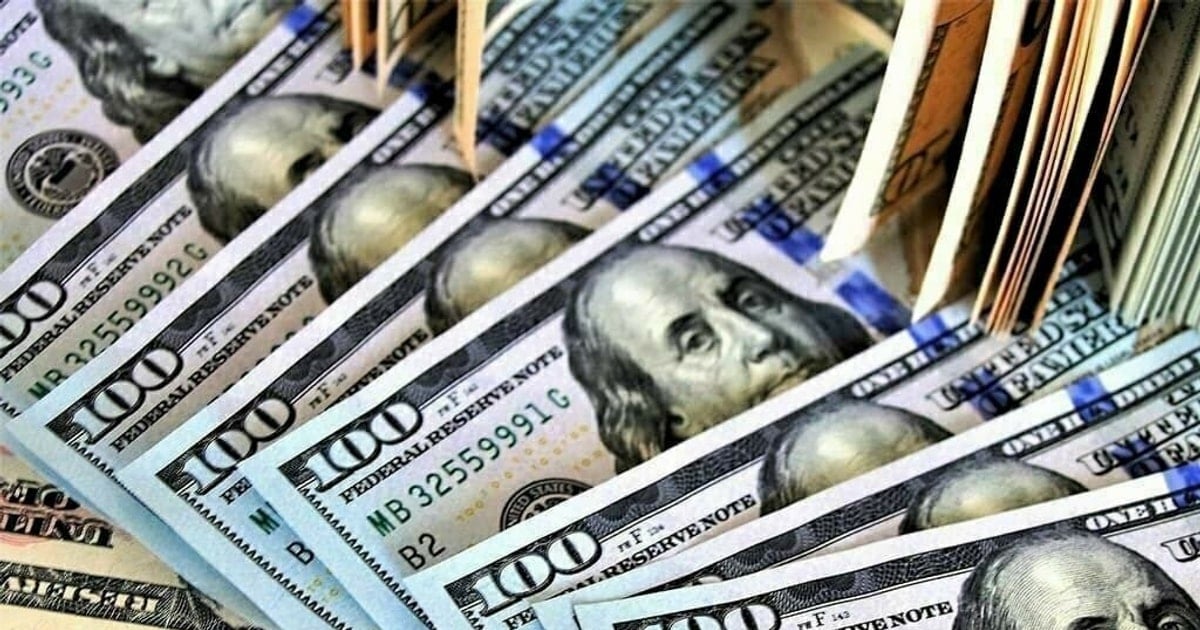

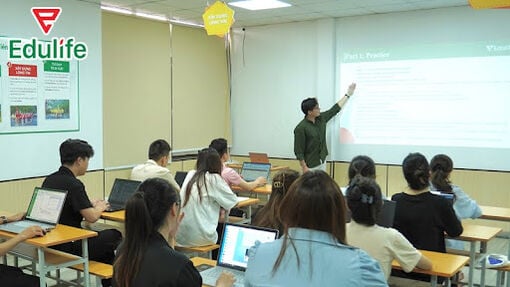

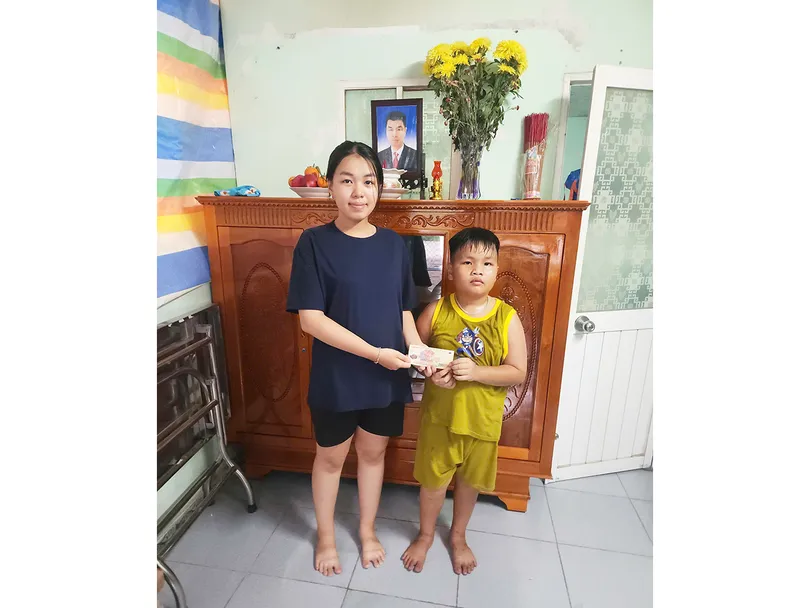










Comment (0)